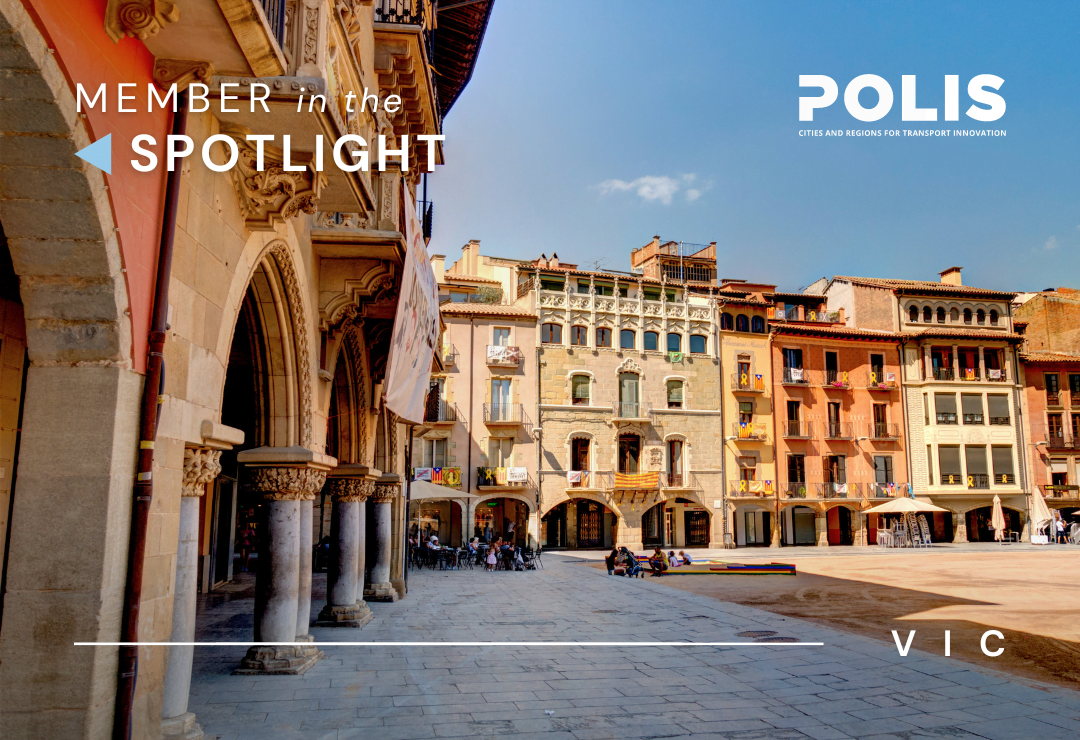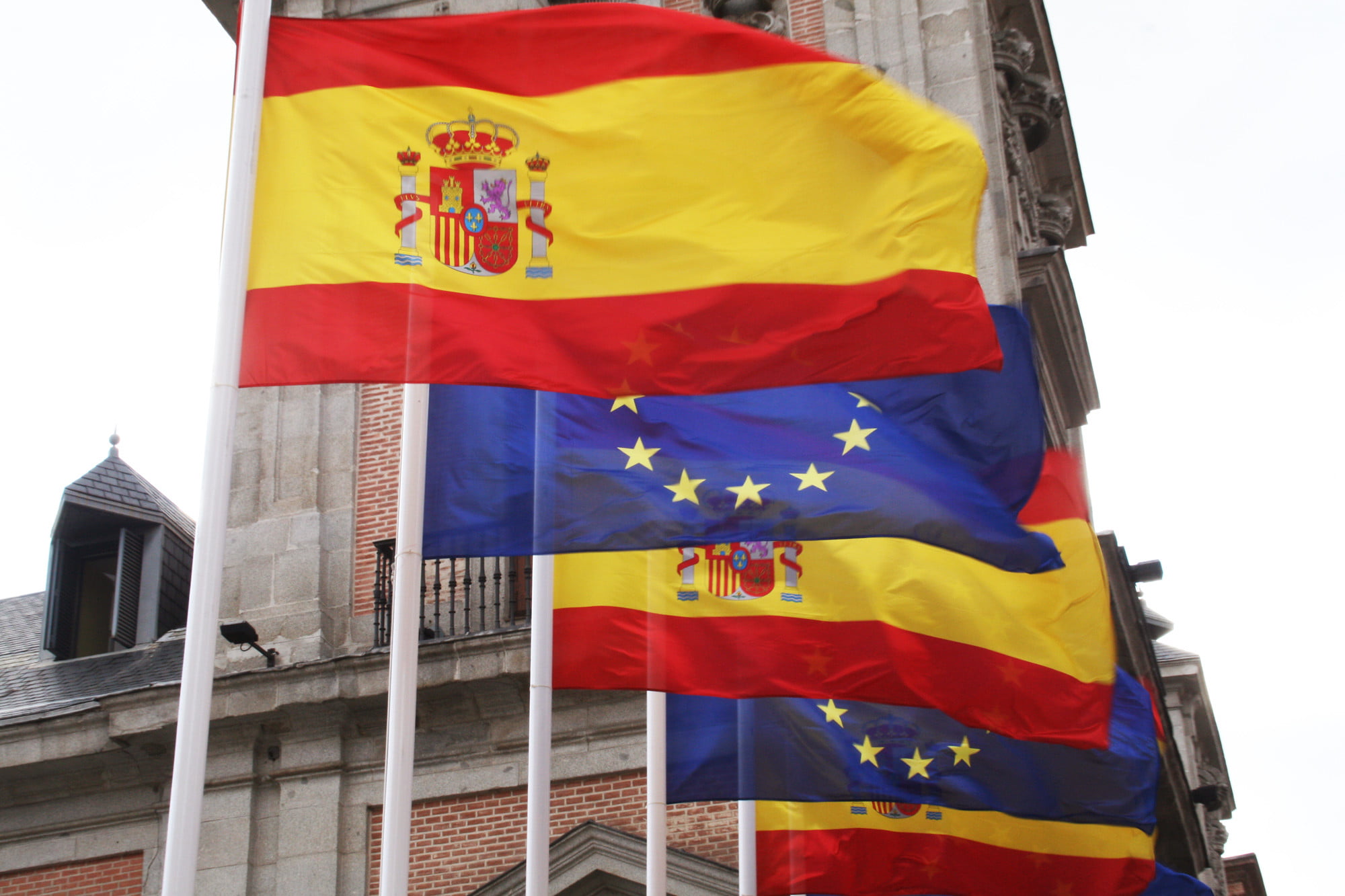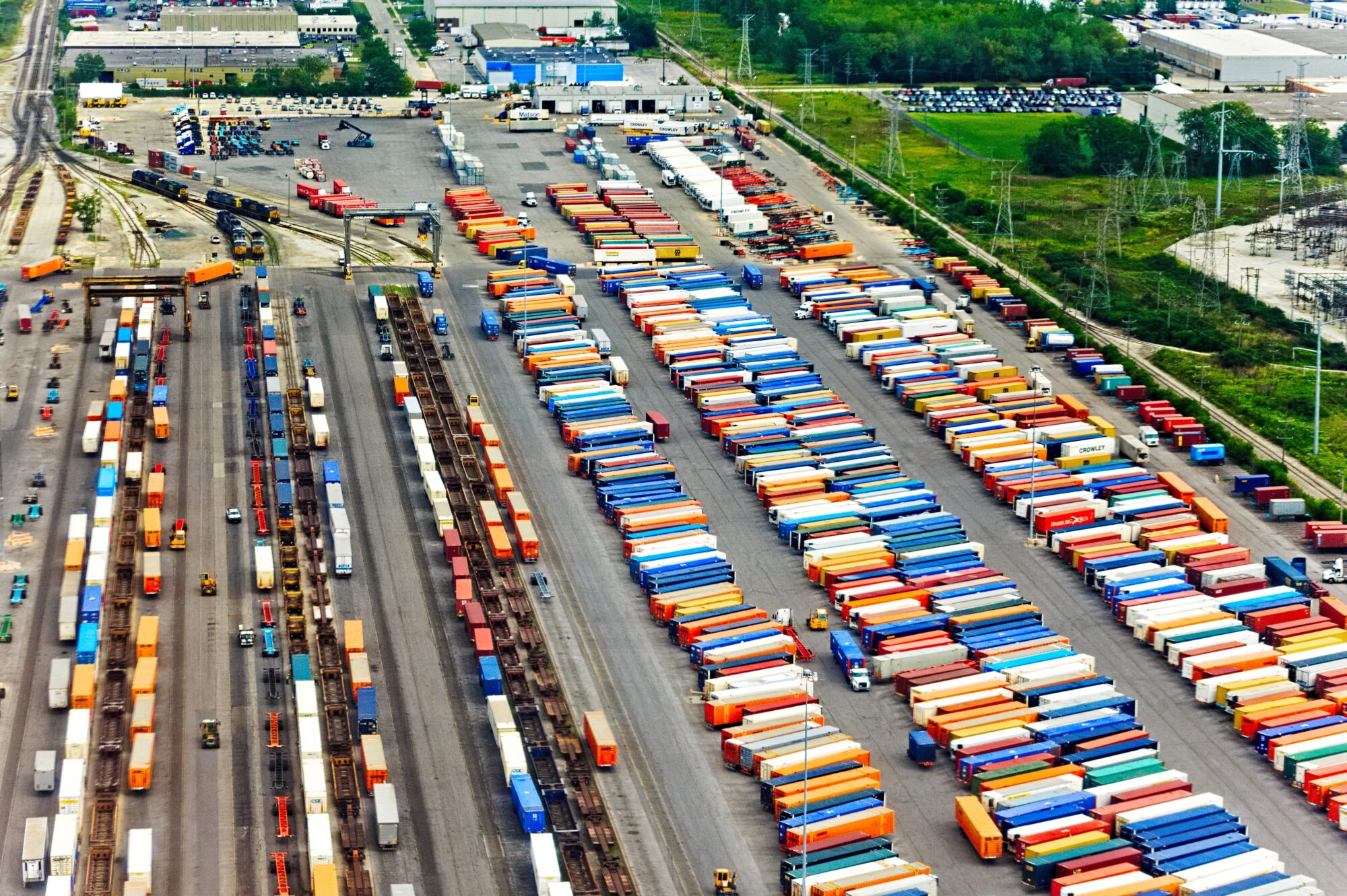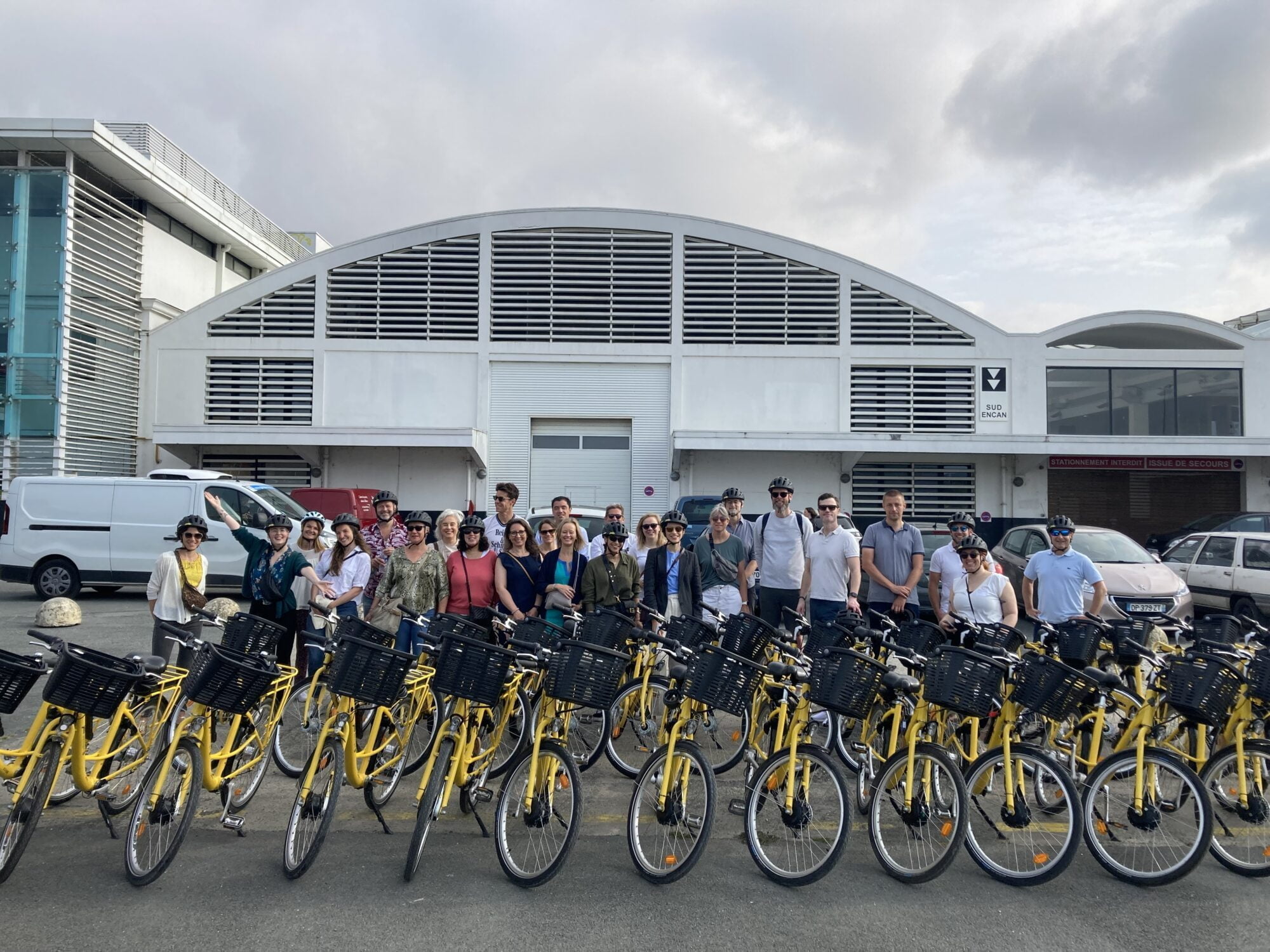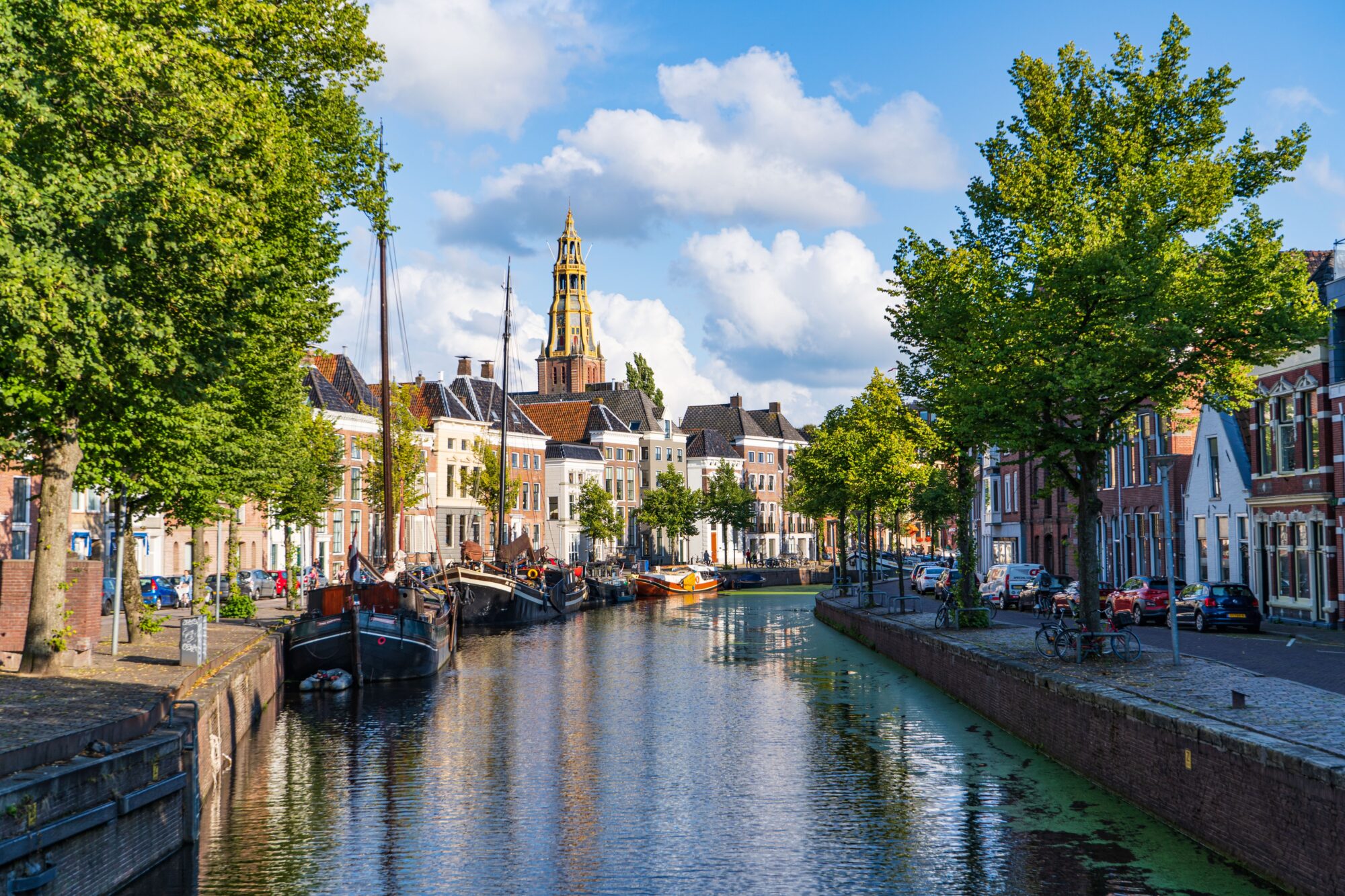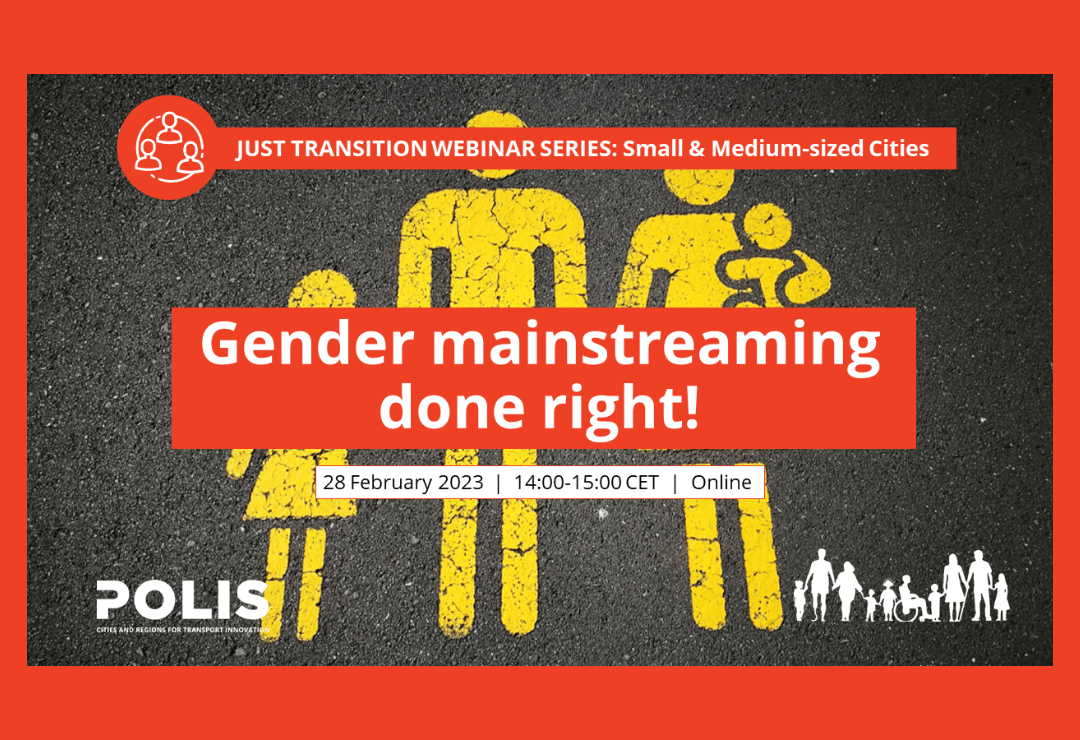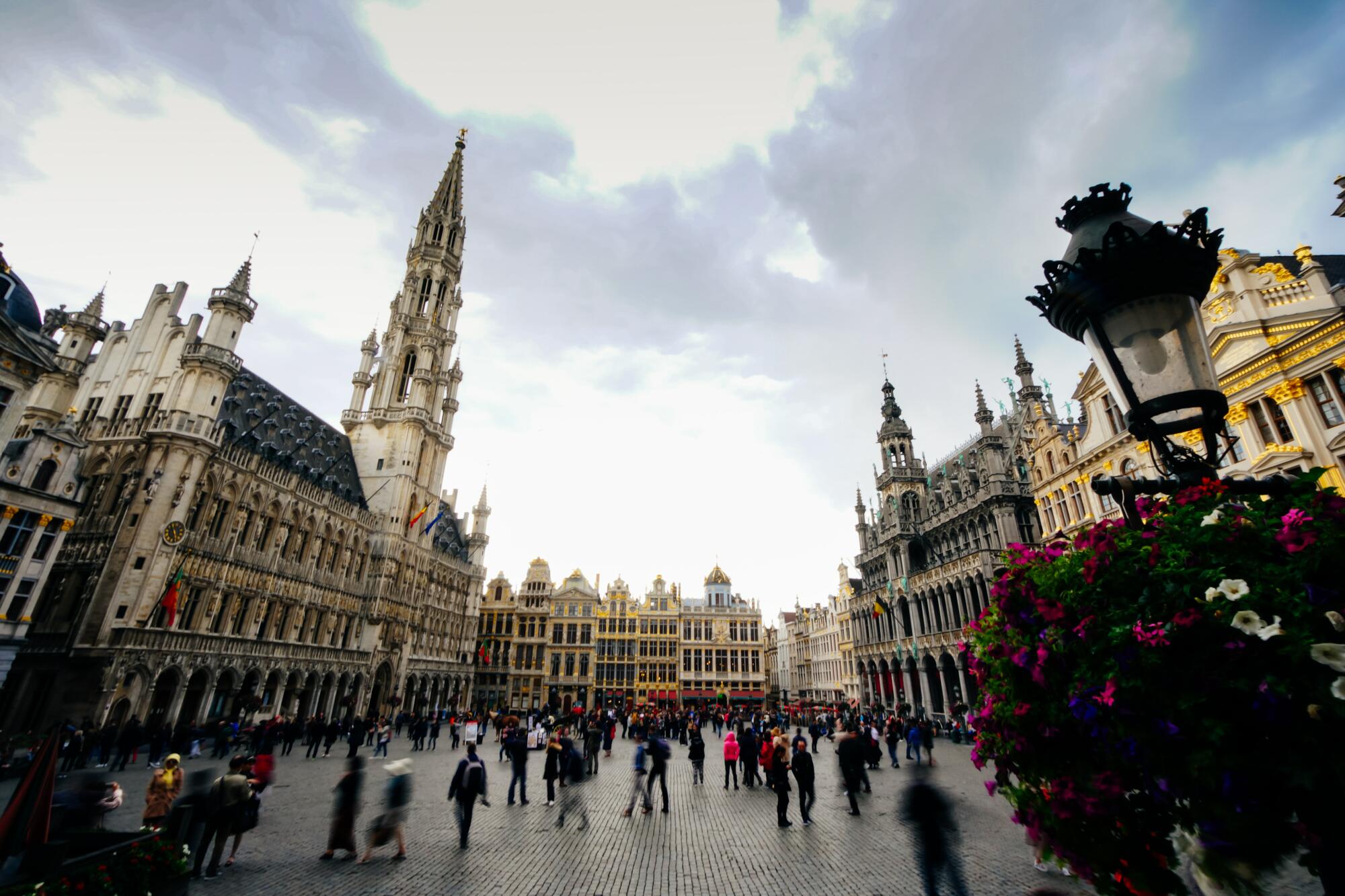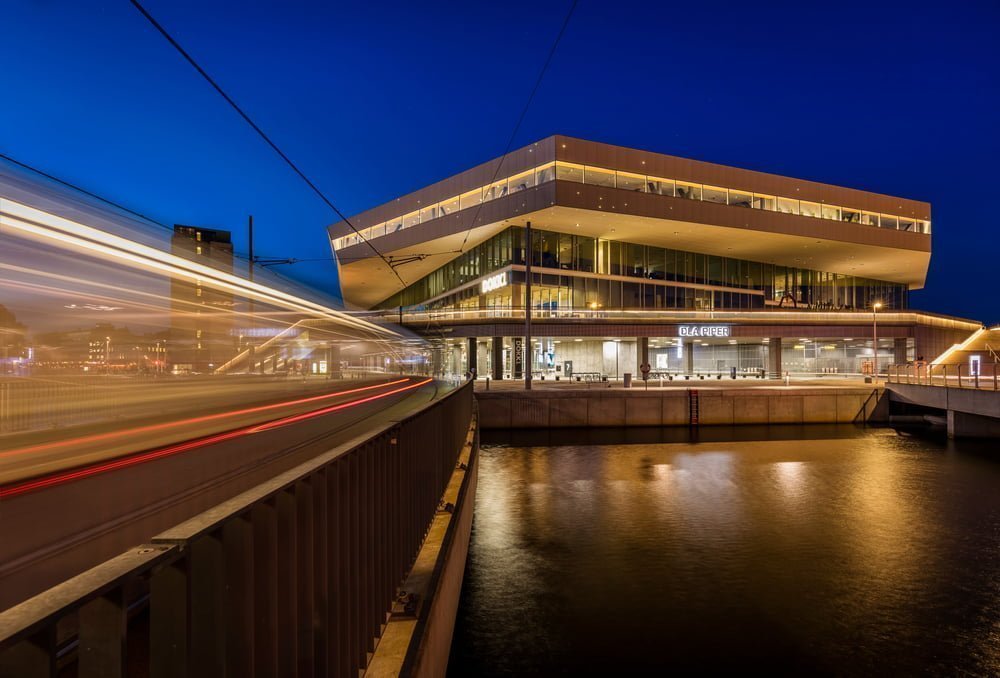Small and Medium-Sized Cities Platform
The dynamic POLIS Small and Medium-Sized Cities Platform unites smaller cities for focused talks on governance, shared challenges, and bespoke solutions shaped by their distinctive traits.
Small and medium-sized cities represent ideal testing grounds for innovative transport solutions, crucial to solving the most pressing urban mobility challenges. In comes the POLIS’ Small & Medium-Sized Cities (SMC) Platform.
The POLIS Small & Medium-Sized Cities (SMC) platform fosters discussions on mobility governance, tailoring solutions to the unique characteristics of small and medium-sized cities. POLIS strives to showcase smaller European cities as innovation hubs, urging collaboration and knowledge exchange on diverse governance and horizontal topics.
SMC Ambassadors Initiative
A political dimension was added to the SMC platform by the initiative of SMC Chair Emmen. The SMC Ambassadors Initiative was launched at the 2019 POLIS conference’s Political Group lunch meeting, inviting political representatives from SMCs to endorse the objectives of the SMC Platform by signing a declaration. It called upon the SMCs to cooperate and exchange knowledge and experiences on the above-mentioned priority topics.
More cities are invited to join the platform as SMC and become the ambassadors of the platform! Click here to find out more.
The topics being discussed by this Working Group are:
- Data and digitalisation– how SMCs can navigate the growing data demands and challenges this holds
- European Commission calls and initiatives- guidance and capacity building for SMCs in navigating and coping with the multiple European Commission calls and initiatives
- Projects– joint meetings with projects focused on SMCs
- Engaging in projects- and how to build on the success and challenges of projects
- Leading projects– links with capacity building
- Transitioning to climate-neutrality- how to monitor and measure climate-neutrality,
- Working with regions– how to work together to combine resources and work in common direction
Topic priorities for 2025
Our current topic priorities for 2025 are the following:
- Elevating SMC voices at the European level;
- Reducing car dependency, focusing on changing behaviour and promoting alternatives like walking;
- Ongoing discussions on the new TEN-T Regulation and its implications, including data collection needs, SUMPs for Urban Nodes/Functional Urban Areas, and addressing the rural divide (in cooperation with Urban Nodes Taskforce;
- Citizen engagement and policy communication, especially around ‘controversial’ topics like public space reallocation, Low Emission Zones (LEZs), and parking policies (in cooperation with Access and Parking Working Groups);
- Unlocking the potential of SMCs for research and innovation by connecting projects, recent studies, practitioners, and academics to share best practices and exchange knowledge.
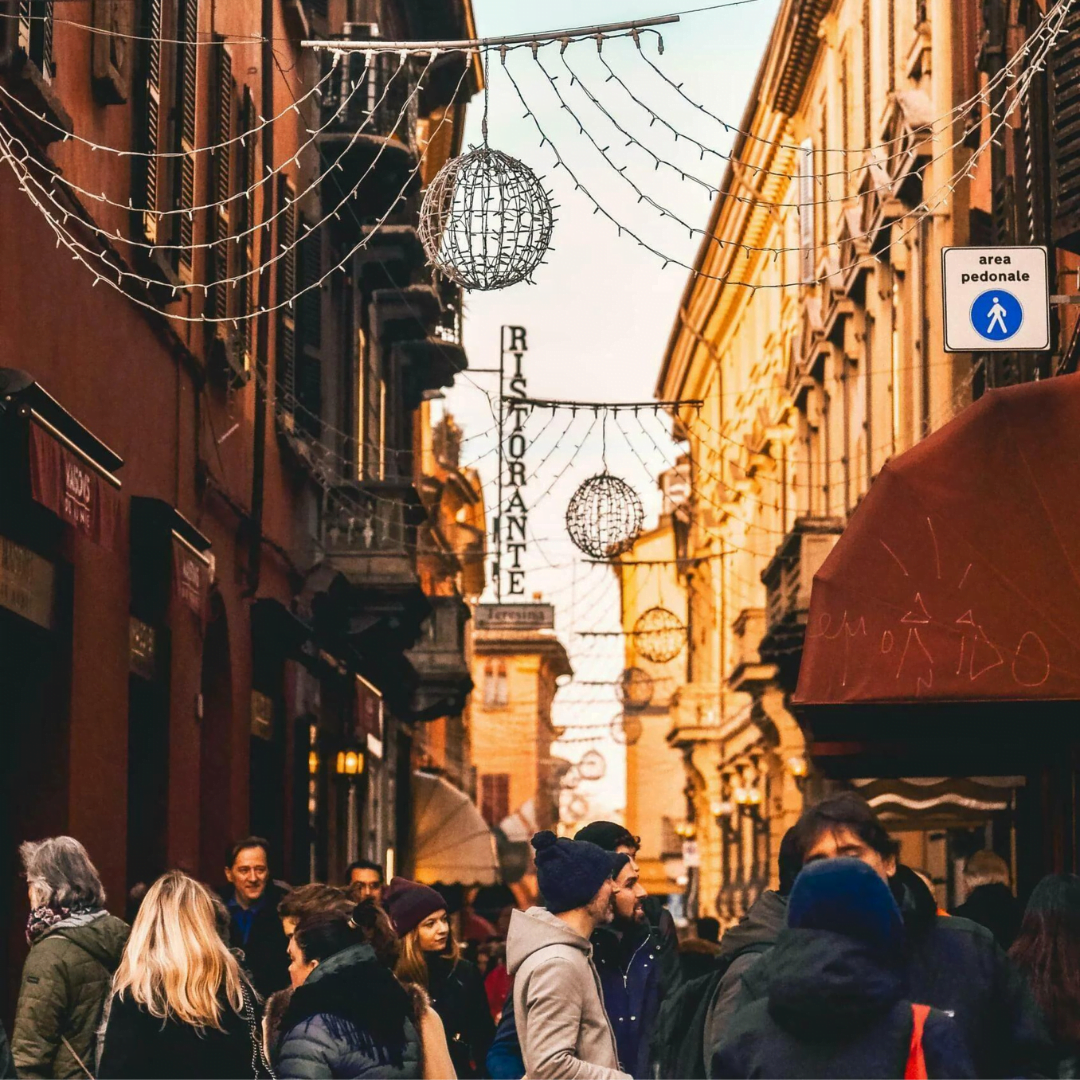
Bologna, is the capital of the Emilia-Romagna Region (Italy). With a population of around 375,000, the POLIS member has adopted their Sustainable Urban Mobility Plan (SUMP) to make the city more accessible and sustainable by 2030, inreasing the share for walking, cycling, public transport.
(c) AndreeeW Hoang, Unsplash
For further information
For further information please contact Cláudia Ribeiro and Marina Martin Vilches, SMC Platform Co-Coordinators.


